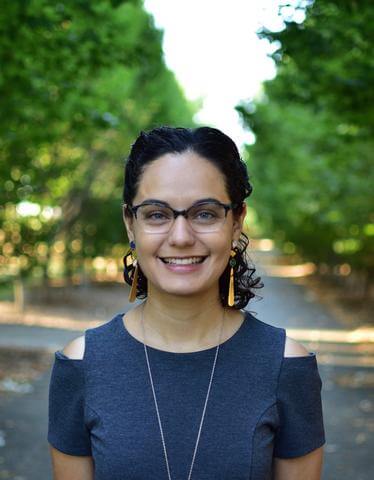Assistant Professor Jeseth Delgado Vela Collaborates on Wastewater Testing for Coronavirus Levels

Civil and Environmental Engineering Assistant Professor Jeseth Delgado Vela is part of a team of researchers from North Carolina State University, Rice University and the University of Southern California who are collaborating on nationwide efforts to monitor SARS-CoV-2 viral particles in wastewater. SARS-CoV-2 is the virus responsible for causing COVID-19. The team’s research is funded by a one-year $200K National Science Foundation grant.
The research aims to track genetic material in the wastewater to understand trends of infections and potentially identify areas where more testing would be useful. Genetic material from the virus is transmitted to the wastewater from infected individuals. Several preliminary studies have shown that SARS-CoV-2 viral genetic material can be detected in wastewater. Some researchers have even shown that the genetic material can be measured in the wastewater before cases are reported.
The team is collecting samples from wastewater treatment plants in Raleigh, Washington, D.C., Houston and Los Angeles. Dr. Delgado Vela is currently collecting raw wastewater and primary solids (from the initial settling process) from wastewater treatment plants in the Washington, D.C. metropolitan area. Through their collaboration on the national scale, the team hopes to develop sensitive and standardized methods that will help us understand how the genetic material from the virus varies in communities with different sewage systems and different infection rates.
Dr. Delgado Vela comments: “Ultimately our team wants to be of service to public health officials and the public health departments in our communities. As our communities move towards easing social distancing guidelines, we believe this tool is promising for informing public health policy.”
Wastewater testing for coronavirus levels will also help aid communities during future outbreaks by reducing long-term economic disruption with possible early detection.
